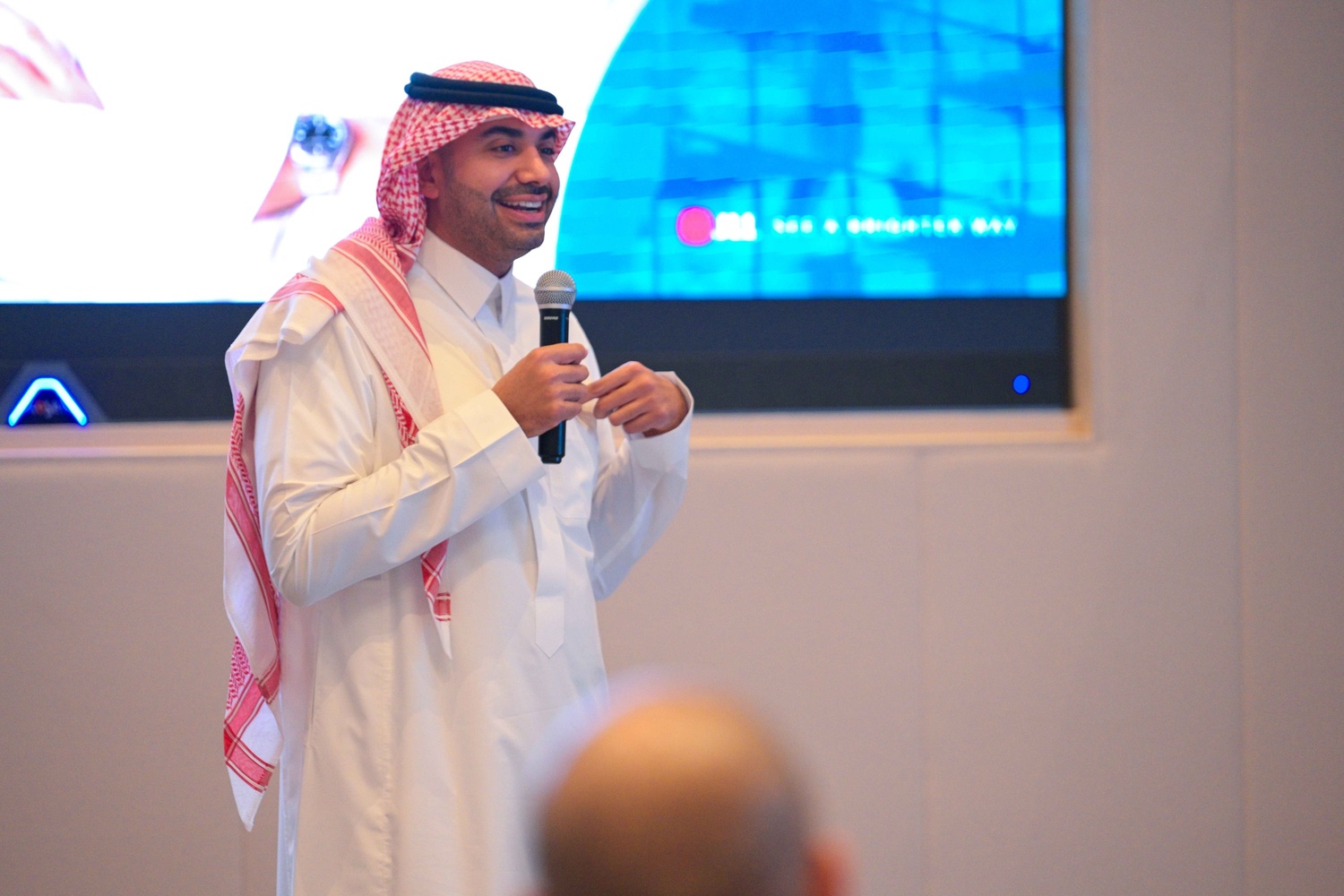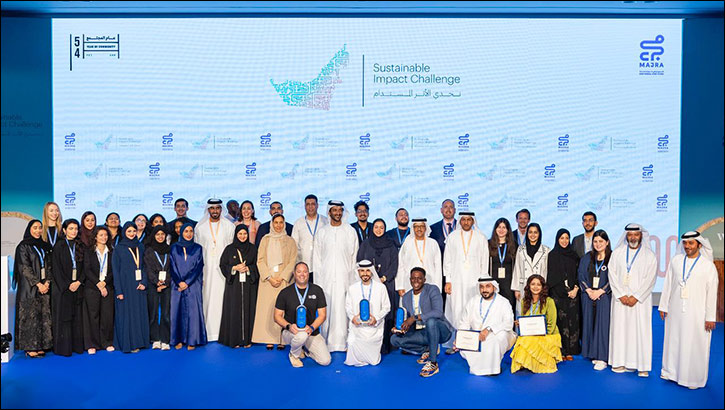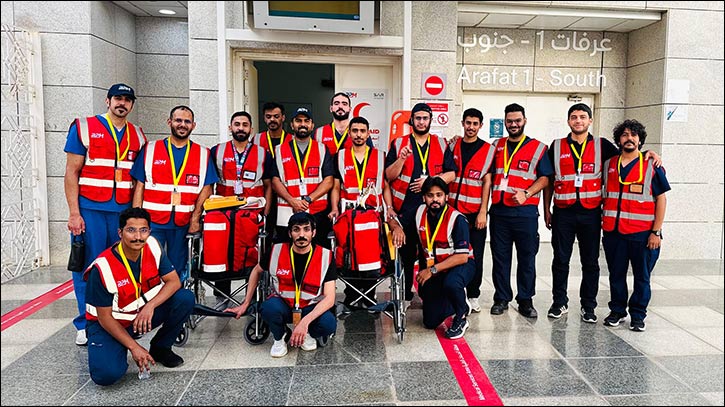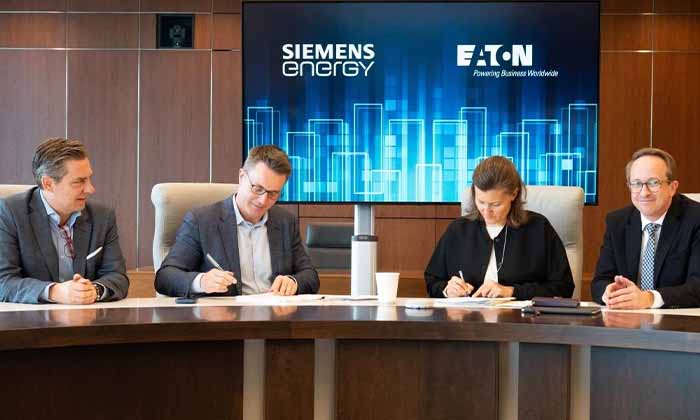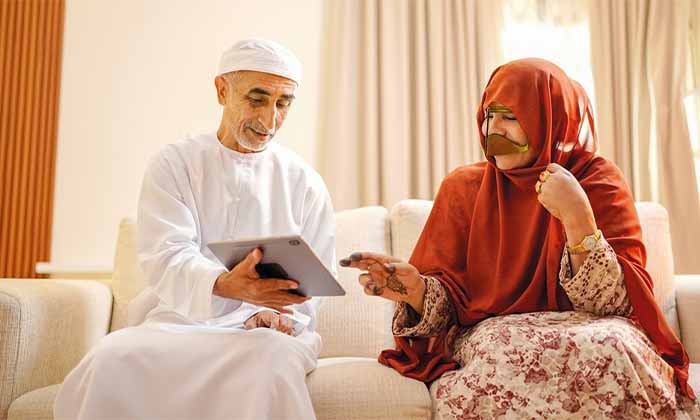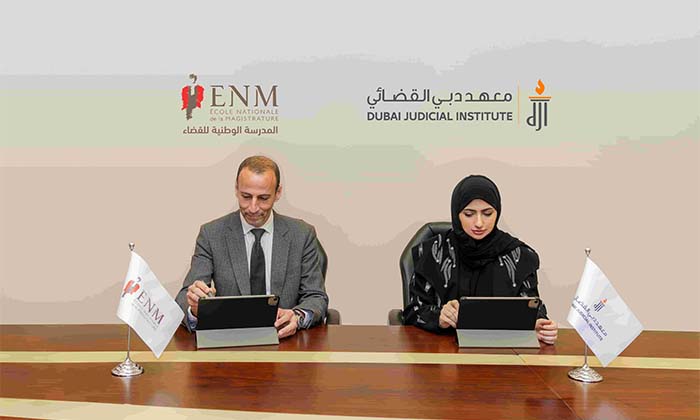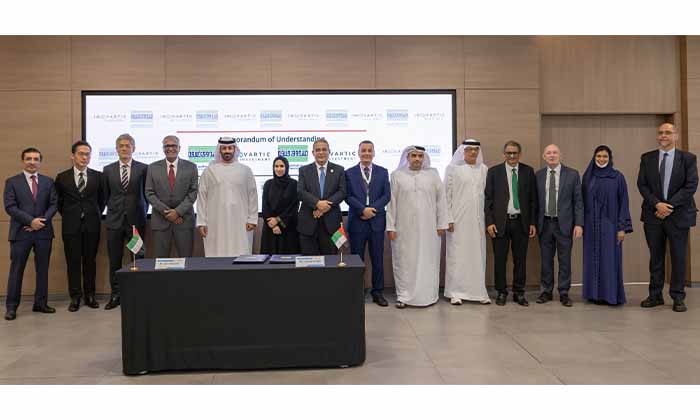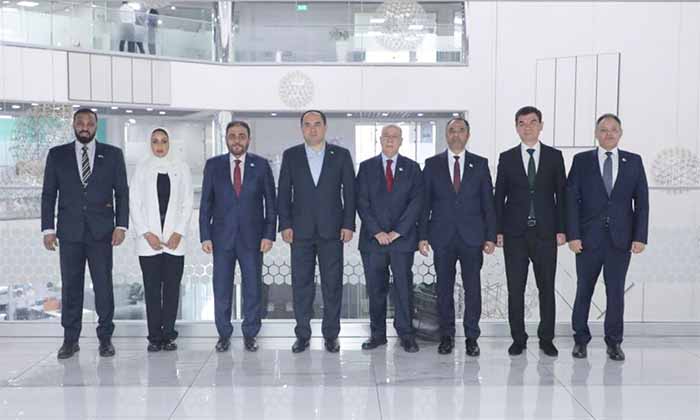Industry experts at exclusive roundtable highlight opportunities in logistics, hospitality, and residential sectors, driven by rising demand and strategic infrastructure
As the global macroeconomic backdrop brightens and headline inflation eases, Saudi Arabia's real estate market is witnessing a surge in investment driven by lower interest rates and proactive government initiatives, revealed JLL at a roundtable discussion in Jeddah.
Falling borrowing costs and a robust pipeline of construction projects entering the execution phase are fuelling optimism and driving activity across the Kingdom’s real estate sector, said industry leaders and experts who convened in Jeddah to discuss the dynamic opportunities and emerging trends shaping the Kingdom's real estate landscape.
Saudi Arabia’s risk management strategies for dealing with disruptions have proven effective in mitigating their impact on the nation’s economy, including the real estate sector. This resilience, alongside the prioritisation of economic diversification strategies under the Kingdom's ambitious Vision 2030 reform agenda, underpins growth and instils confidence among investors.
In recent years, Saudi Arabia has taken a targeted government approach and increased focus on sustainability and technological integration to boost real estate transparency. With 18 new legislations, including updated real estate systems and regulatory frameworks, the Kingdom is now ranked second among the top improved markets in real estate transparency globally.
Alongside the Kingdom's high transparency score, the adoption of innovative construction techniques and technologies will be critical for the continued development and successful execution of some of the world’s largest urban development projects currently underway across cities, including in Jeddah.
Reflecting on the Kingdom’s broader efforts to enhance the real estate landscape, James Allan, CEO of JLL MEA, said: “Saudi Arabia’s significant improvement in JLL’s Global Real Estate Transparency Index (GRETI) demonstrates the Kingdom’s progress in establishing strong regulatory frameworks and enhancing market transparency. These advancements are crucial as the Kingdom continues to transform its real estate sector in line with Vision 2030 objectives.”
As Saudi Arabia sharpens its focus on aligning key projects with Vision 2030 goals, the roundtable highlighted several crucial themes impacting the Saudi real estate market, such as a strong affinity for sustainability and net zero targets and a renewed commitment to local sourcing and manufacturing.
Saud Al Sulaimani, Country Head, KSA, outlined the promising prospects for the Saudi real estate market, emphasising the government’s cohesive approach to advancing key areas such as urban development, sustainability, and housing affordability. He said: “The growing appetite for public-private partnerships is driving innovation and growth, and we anticipate robust performance across most sectors in Q4, following key approvals and resumption of projects.”
Presenting an overview of KSA’s projects market, Maroun Deeb, Head of Projects and Development Services, KSA and Bahrain, said: “The total value of projects being awarded may have slowed for now, and the Kingdom expects a significant increase in projected cash flow in the coming years, with spending peaking in 2027. The future projects pipeline encompasses projects worth USD 826.3 billion that are now in the design stage while more than USD 100 billion are in varying stages of the project implementation phase.”
The roundtable also addressed the development potential of high-quality industrial and logistics real estate in KSA. Currently ranked 38th on the Logistics Performance Index (LPI), the Kingdom presents a compelling opportunity for growth in this sector, especially in Jeddah, a primary warehousing hub. The city accounts for only 10% of Grade A warehousing, signalling a prime opportunity for expansion given the rising demand from e-commerce, 3PLs, and cold storage.
Participants at the roundtable explored the impact of global events like the World Cup 2034 and Expo 2030 on Jeddah’s real estate market, recognising the city’s growing global appeal as a prime real estate investment destination. This is evident in the residential sector where new development projects are increasingly located outside Jeddah’s historic core, with a noticeable shift to the north of the city. This trend is reflected in the 5% year-on-year rise in average sales prices for residential properties.
In the office sector, average Grade A rents are climbing 11% year-on-year, while vacancy rates for these premium offices are just 4%. The retail sector shows promise, with a citywide vacancy rate of 18%, indicating room for further growth.
Sarah Gasim, SVP- Head of Hotels KSA, JLL; Taimur Khan, Head of Research for the Middle East and Africa, JLL; and Abhishek Mittal, Head of Industrial and Logistics Consulting, MEA, JLL, led the speaker roundup at the JLL roundtable which also revealed significant investment opportunities within Saudi Arabia's booming hospitality sector, particularly in the Makkah region where demand continues to climb annually. Cities like Jeddah, which cater to both leisure and corporate guests, boast excellent connectivity to regional and international destinations, and benefit from a well-developed infrastructure network, effectively minimising the overall risk of new hospitality developments.
– ends –
